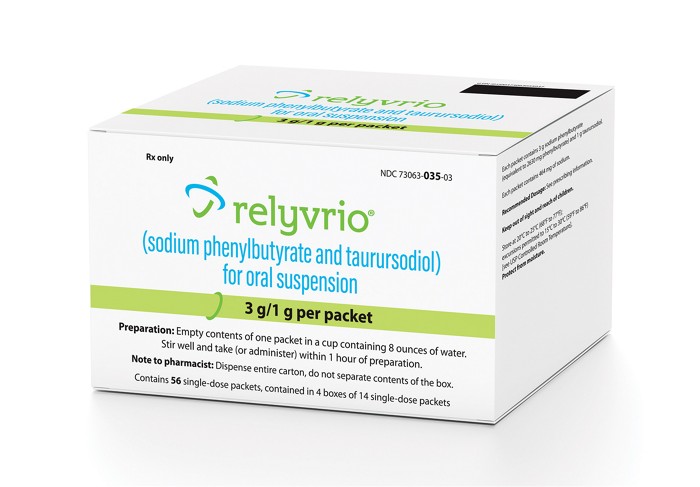Advertisement
Grab your lab coat. Let's get started
Welcome!
Welcome!
Create an account below to get 6 C&EN articles per month, receive newsletters and more - all free.
It seems this is your first time logging in online. Please enter the following information to continue.
As an ACS member you automatically get access to this site. All we need is few more details to create your reading experience.
Not you? Sign in with a different account.
Not you? Sign in with a different account.
ERROR 1
ERROR 1
ERROR 2
ERROR 2
ERROR 2
ERROR 2
ERROR 2
Password and Confirm password must match.
If you have an ACS member number, please enter it here so we can link this account to your membership. (optional)
ERROR 2
ACS values your privacy. By submitting your information, you are gaining access to C&EN and subscribing to our weekly newsletter. We use the information you provide to make your reading experience better, and we will never sell your data to third party members.
Neuroscience
Biogen and Ionis join in $1 billion neuroscience pact
The 10-year deal is a substantial bet on antisense technology
by Lisa M. Jarvis
April 20, 2018

Biogen is making a huge bet that antisense technology can become a cornerstone treatment for neurological disorders. The big biotech firm is paying Ionis Pharmaceuticals $1 billion in cash to significantly broaden their joint efforts to develop drugs for rare neurodegenerative disorders, as well as diseases like Alzheimer’s and ALS.
Biogen will pay Ionis $375 million up front and buy $625 million worth of Ionis stock. In return, Biogen can license therapies that emerge from the 10-year research pact.
Ionis has long been a leader in the field of antisense therapeutics, which use short, single-stranded RNA to intercept messenger RNA, thereby preventing bad-behaving proteins from being built.
Biogen already has several partnerships with Ionis, including one that yielded a marketed drug, Spinraza, the first treatment for spinal muscular atrophy, a rare and often deadly muscle-wasting disease. The drug is life saving but breathtakingly expensive: $750,000 for the first year of treatment. Approved in the last days of 2016, Spinraza brought in $884 million in sales for Biogen last year.
Already, antisense therapies from its pacts with Ionis make up roughly 20% of Biogen’s early- and development-stage pipeline. That portion is expected to grow under the expanded agreement, which seeks to put several “Spinraza-type” drugs into the clinic. Company executives note that it will take only one drug with the commercial success of Spinraza for the deal to make financial sense.
On a call with analysts, Biogen Chief Scientific Officer Michael Ehlers made the argument that antisense is the best modality to tackle neurological disease, pointedly contrasting its potential with gene therapy, a technology many investors would like to see Biogen bring in-house.
Gene therapy carries much more uncertainty, Ehlers said. “Put simply, we do not believe gene therapy will replace [antisense] but rather provide a complementary modality.”
Biogen executives talked up the long-term merits of the new collaboration, but investors wanted a deal that would bolster the company’s near-term prospects. Biogen signaled that direction last July when it laid out a plan to broaden its neuroscience pipeline that included aggressively pursuing late-stage drug candidates.
Although the pact with Ionis could contribute to the pipeline over the next decade, “we believe it clearly falls short of what most investors are looking for…namely a later-stage acquisition that carries more tangible value,” J.P. Morgan stock analyst Cory Kasimov wrote in a note to investors.



Join the conversation
Contact the reporter
Submit a Letter to the Editor for publication
Engage with us on Twitter